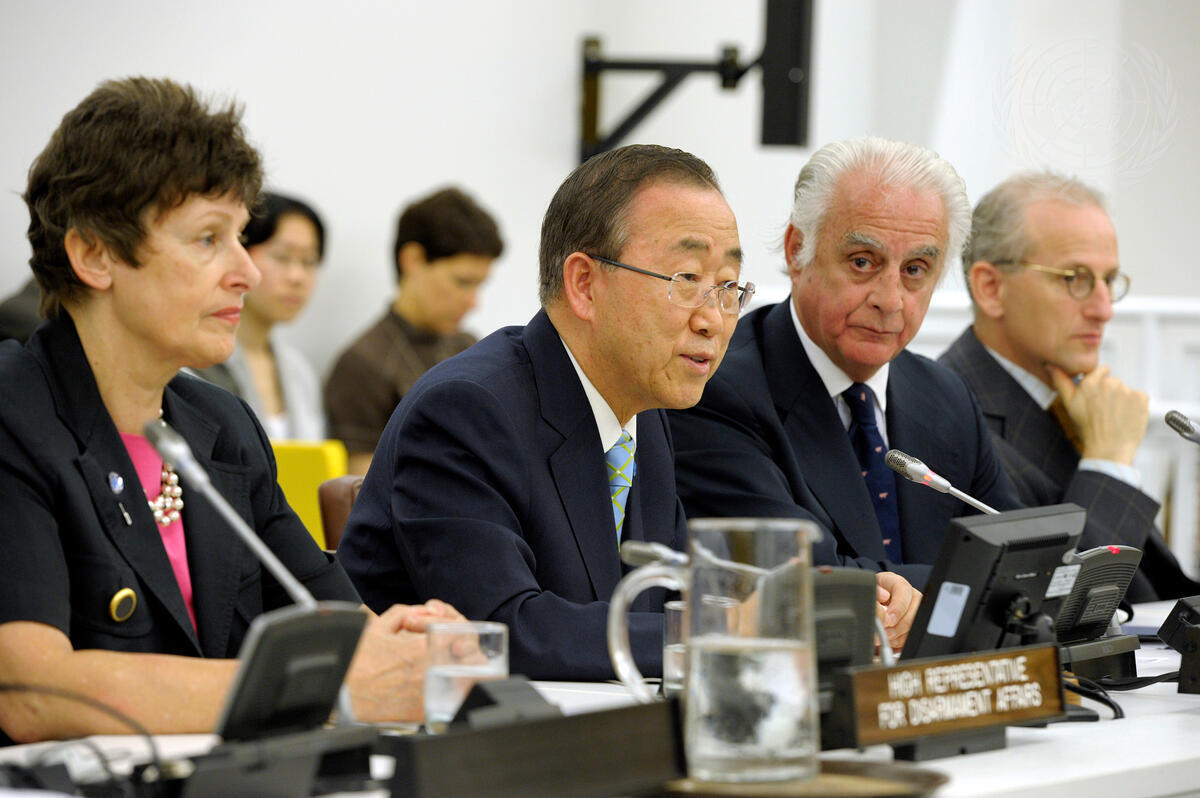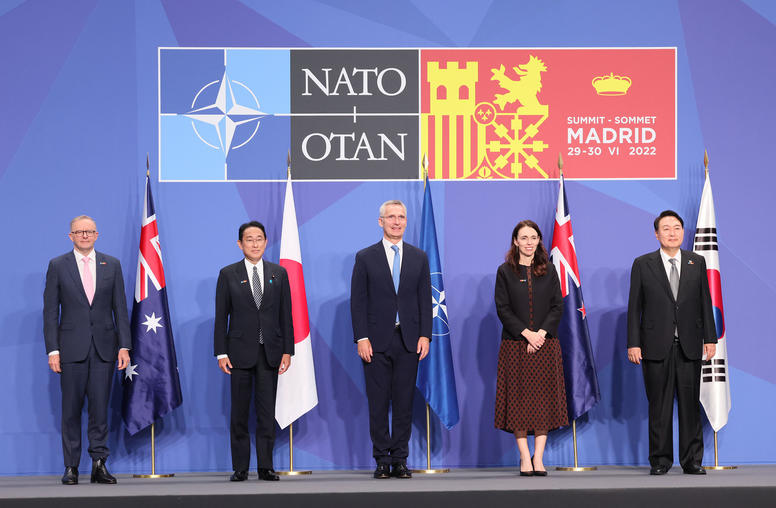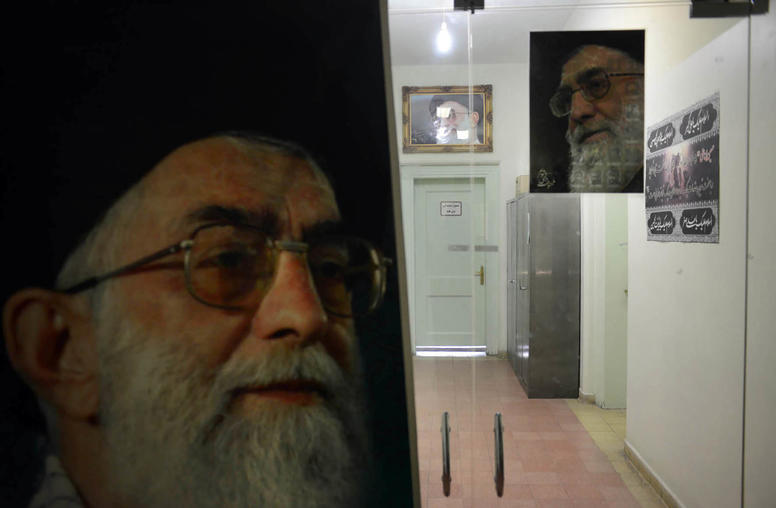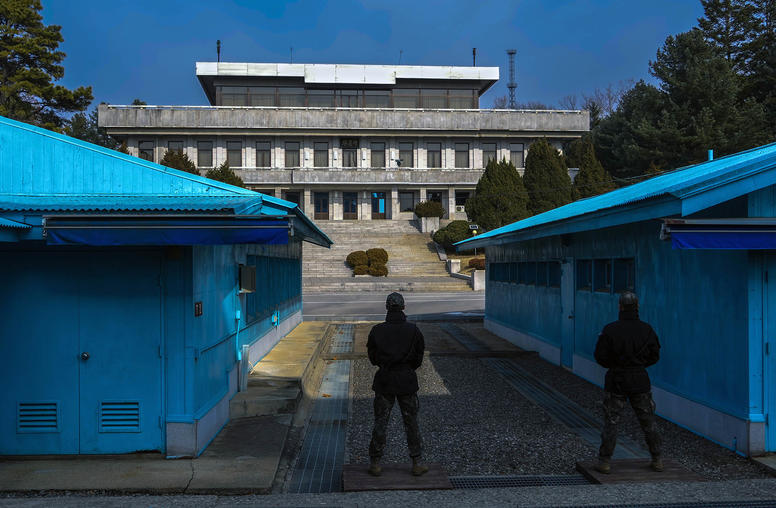Negotiation: Shaping the Conflict Landscape (Instructor-Led)
This four-week facilitated online course prepares learners to develop effective negotiating strategies by exploring topics such as hard-bargaining vs. problem-solving approaches, interests vs. positions, coercive leverage vs. normative leverage, short-term agreements vs. long-term relationships, the many ways in which culture affects attitudes and behaviors, and the complexities of multi-party negotiation. Those enrolled can earn a certification of participation upon completing the course.

Learning Objectives
- Gain a deeper understanding of what negotiation does for your professional and personal life.
- Strengthen your knowledge of the emotional intelligence and skills that make you a better negotiator.
- Get a sense of the tactical dimensions of negotiation; what to say, how to say it, and how to better arrange the landscape of elements in your negotiation world.
- Understand the different skills and strategies required by more complex negotiations, such as those involving multiple parties.
Instructor-led Delivery
USIP’s new instructor-led format blends a self-paced curriculum with weekly live, interactive webinars. Enrolled participants will join a group of fellow learners from around the world. Each week will feature a new lesson that includes a real-world case study, a skills-building exercise, and small group discussions. A new course is offered each month and is four weeks in duration. The course is open to the public and is free of charge. Certificates of participation are awarded at the conclusion of the course.
Description
- Weekly Self-Paced Curriculum: Learn at your own pace and schedule through carefully curated self-guided curriculum and instructional videos.
- Weekly Live Webinars: Every week, a USIP expert will host a country case study, a facilitated exercise, and small group discussions.
- Group-Based: Join and learn alongside other participants from around the world.
- Practical Case Studies: Develop skills through real-world exercises and small group discussions.
- Certificates: Receive a certificate of participation at the conclusion of a course.
Weekly Webinar Schedule
Join USIP’s Inclusive Peace Processes and Reconciliation program and visiting instructor, Anthony Wanis St. John, for four weeks of live instructor-led webinars covering the following topics below.
May 7, 2024 – Ceasefire Negotiations: What the Research Tells Us, 8:00am – 9:15am EDT
Case Studies: Hezballah/Lebanon and Armenia/Azerbaijan
May 13, 2024 - Civil Society and Public Participation in Peace Negotiations, 8:00am – 9:15am EDT
Case Studies: Liberia, Cyprus, and Northern Ireland
May 21, 2024 – Incrementalist Peace Process Negotiations, 8:00am – 9:15am EDT
Case Studies: Israel and the Palestinian Territories; and Colombia (FARC)
May 28, 2024 - Fragmentation of Rebels and Government Parties, 8:00am – 9:15am EDT
Case Studies: Sudan and Syria



